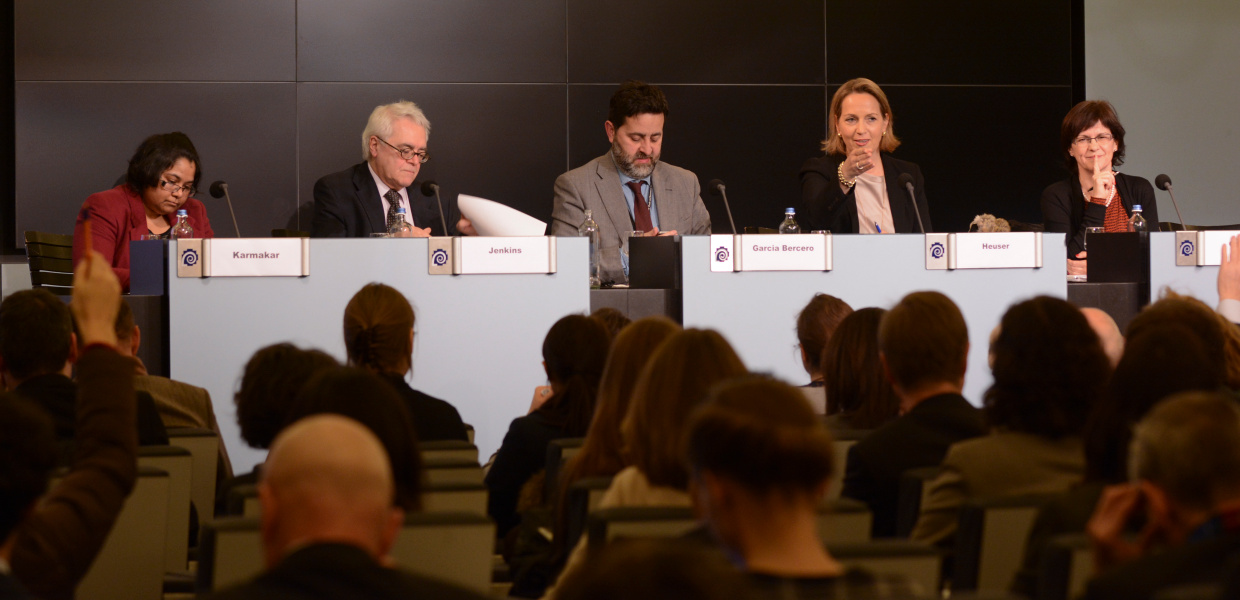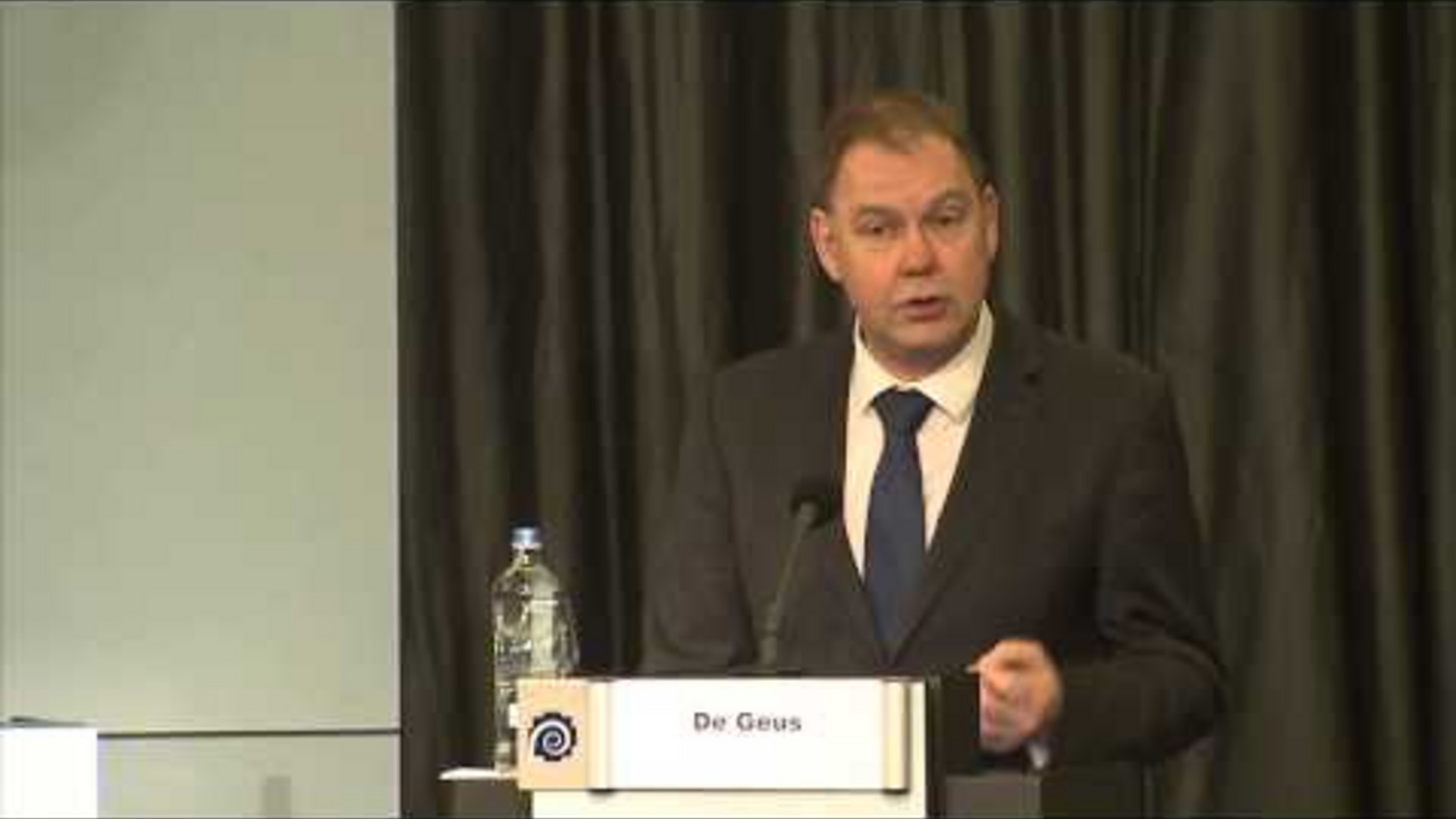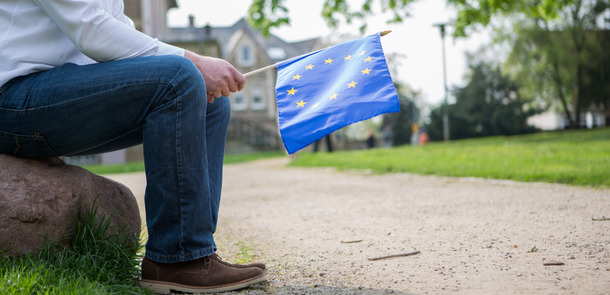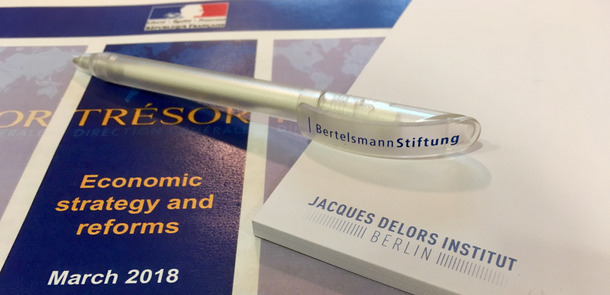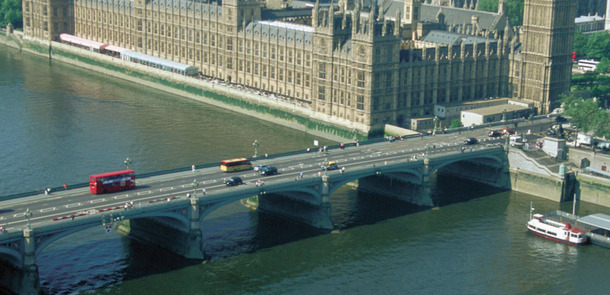The negotiations on the transatlantic free trade agreement TTIP need to be transparent and include stakeholders. This was confirmed by the participants of a panel debate that was organised by Bertelsmann Stiftung's Brussels office.
The negotiations on the transatlantic free trade agreement TTIP need to be transparent and include stakeholders. This was confirmed by the participants of a panel debate that was organised by Bertelsmann Stiftung's Brussels office. The event, "The TTIP Project: Economic Possibilities, Political Realities and Public Perception", brought together more than 200 people to hear the wide-ranging views of European Commission chief TTIP negotiator Ignacio Garcia Bercero, European Consumers' Organisation (BEUC) Director General Monique Goyens, European Trade Union Confederation (ETUC) External Relations Coordinator Tom Jenkins and Visiting Fellow Suparna Karmakar of the European think tank Bruegel.
What is clear to me and what cannot be stressed enough is the need for the greatest possible transparency. Backroom politics without open and constructive debate no longer works
Following a welcome by Brussels office Executive Director Thomas Fischer, Bertelsmann Stiftung Chairman and CEO Aart De Geus, in an opening address, noted that transparency and inclusion of all stakeholders in negotiations is required if any TTIP agreement is to be truly successful and mutually beneficial to the EU and the US. "What is clear to me and what cannot be stressed enough is the need for the greatest possible transparency.... Backroom politics without open and constructive debate no longer works," he said.
The results of recent Bertelsmann Stiftung studies on TTIP were then presented by the organization's experts in the German headquarters and its Washington, DC office. Global Economic Dynamics Project Manager Ulrich Schoof and Transatlantic Relations Director Tyson Barker summarized their findings of the effects of a comprehensive TTIP on, respectively, Europe and the US.
Bertelsmann Foundation North America Executive Director Annette Heuser moderated a debate among the panelists that focused on appropriate levels of transparency and inclusion in the TTIP negotiations.
The European Commission's Garcia Bercero emphasized his agreement with the need for transparency and inclusion, and noted past and continuing consultations with a wide variety of stakeholders. But he said that actual talks with the US had to be done out of the public eye. This, however, did not mean that policymakers and the public would not have a prominent role in any final accord. He pointed out that all texts would be made public long before they are submitted to national legislatures and the European Parliament for consideration, and he firmly rejected an accusation that the business community received information before other groups did. He added that European legislation on hormones and genetically modified organisms, two highly sensitive issues for his European constituency, were not up for discussion and that European social and environmental standards would not be compromised.
BEUC's Goyens said that the consultations were welcome, but her group and others like it really needed to review actual treaty texts if they were truly to be able to influence the negotiations. She questioned the value of releasing texts to the public only at the end of the negotiation process. Goyens added that there was a tradition of secrecy in international negotiations and that not all traditions were worth keeping. She also warned that while free trade was indeed good for consumers, it could not come at any price.
ETUC's Tom Jenkins also acknowledged the theoretical advantages of a TTIP. He said his organization works with the AFL-CIO, the American labor-union umbrella organization, and both groups agree that it would be good to export European labor standards. He added that it would be beneficial for the EU and the US to set high standards in many areas that would be picked up by others. Jenkins also echoed Goyens' concerns about sufficient transparency and called for EU member states to have a greater role in TTIP negotiations. He stuck by his claims that the TTIP agenda has been and is being set by the business community.
Bruegel's Karmakar summarized her fellow speakers' arguments by noting succinctly that her research shows that civil society has a voice that cannot and should not be ignored. It is a voice that can alter negotiations.
Annette Heuser picked up on this observation to conclude the discussion, noting that all speakers saw a clear need for transparency and inclusion in the TTIP process.
